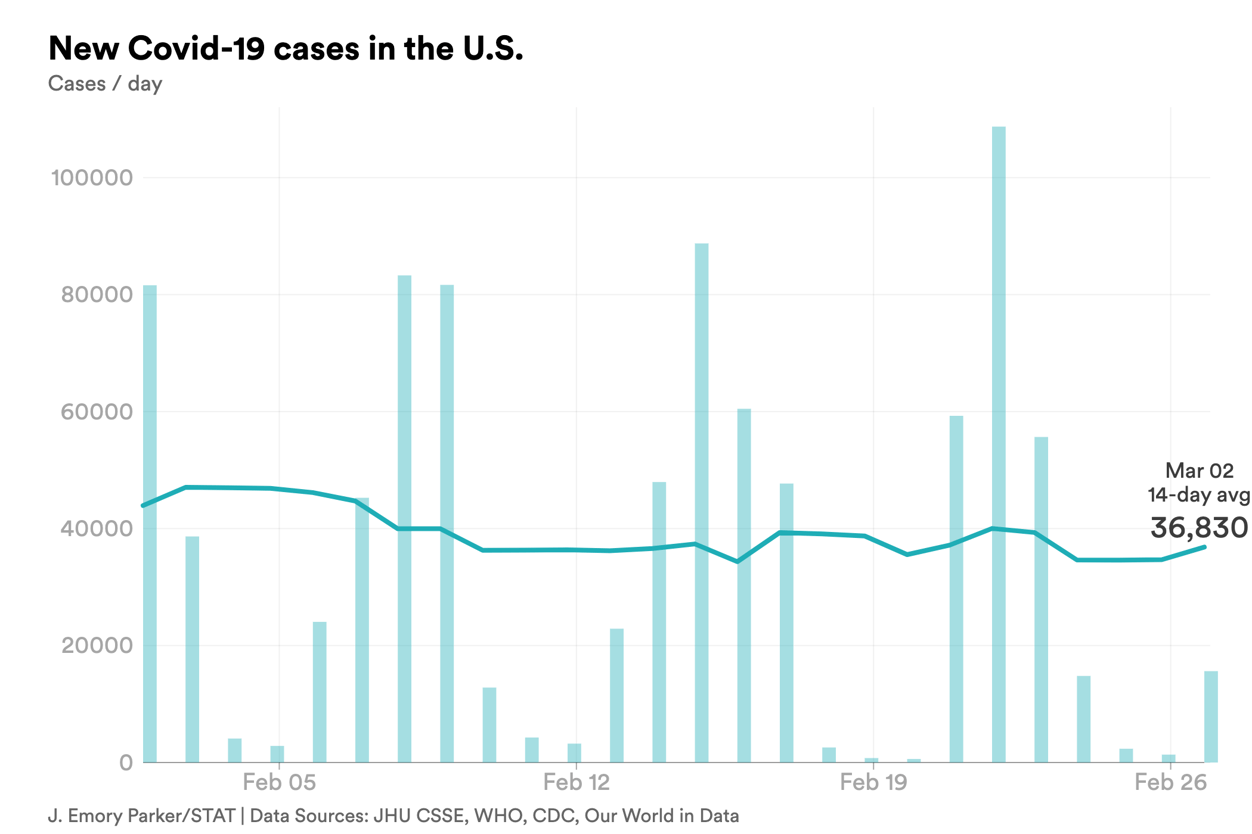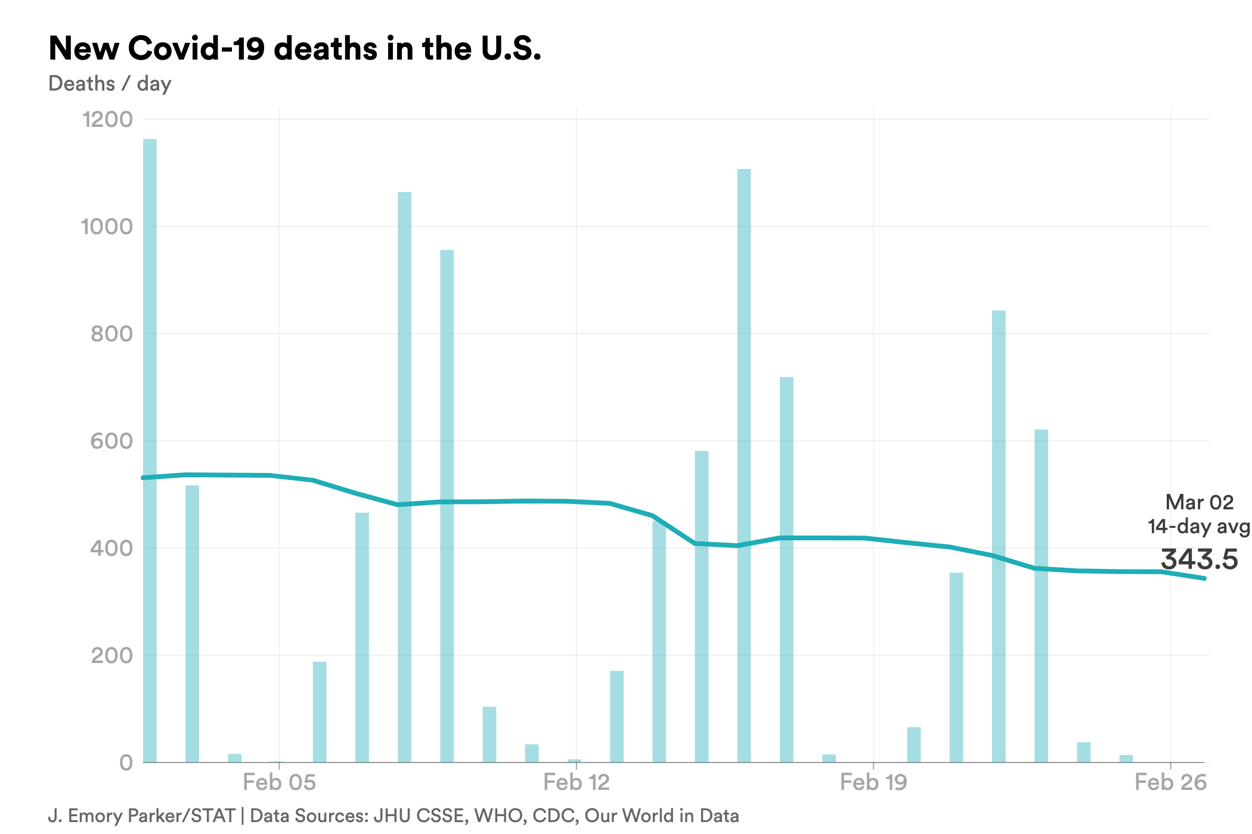Closer Look
Looks like a new wave of privatization is coming to Medicare
 APStock
APStock
If you follow Medicare news — and we do — you've likely heard a lot recently about Medicare Advantage plans, which are private versions of the public health insurance program. Nearly half of the people on Medicare are now enrolled in the system run by health insurers, which was recently hammered for excessive overpayments forked over by the U.S. government. Medicare Advantage plans cost more, but private insurers say they offer benefits unavailable in traditional Medicare, such as dental and vision coverage.
Watch for a new wave of privatization, STAT's John Wilkerson says. A new kind of accountable care organization, called Realizing Equity, Access, and Community Health, looks like Medicare Advantage, but patients remain in Medicare and can go to any provider. Read more about the debate over letting private insurance companies run Medicare.
public health
Mpox deaths in current global outbreak reach 100
Deaths from the current outbreak of mpox have hit 100 around the world, the WHO has documented, and as STAT's Helen Branswell tweeted, the Americas are leading the way. Yesterday a CDC report zoomed in on mpox cases among people in San Francisco experiencing homelessness. Its survey of just over 200 people found three possible undetected mpox infections. These participants, who were unvaccinated, did not report activities, including sexual contact, that could put them at higher risk for getting mpox.
That highlights the need to make community outreach and prevention interventions, including vaccination, more accessible, the researchers write. In the second CDC report released yesterday, researchers concede that while medical countermeasures effective against orthopoxviruses have been used to treat severe mpox, "data gaps remain in the effective use of these treatments."
abortion
Opinion: Adoption is not a simple or easy alternative to abortion
The Supreme Court's decision to overturn Roe v. Wade has pitted supporters of reproductive rights against anti-abortion activists, galvanizing both movements. There's another group of people caught in the crossfire: adoptees. "The Supreme Court offered up adoption as a clean solution to a messy problem. It isn't," Laura Goetz, a Wisconsin-based social worker and adoptee, writes in a STAT First Opinion.
She refers to a footnote in the Supreme Court's decision that mentions the dwindling "domestic supply of infants relinquished at birth or within the first month of life and available to be adopted." That demeans children, understates their struggles, and underplays the multi-billion dollar business of adoption, she says. "Adoption should not be seen as a default solution in the battle for reproductive rights," Goetz argues. Read more.
by the numbers




No comments